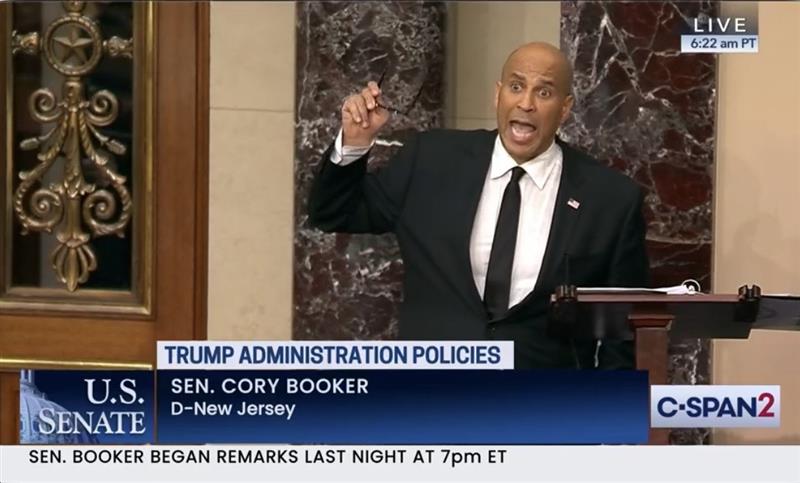Krystal Ends Four-Day Workweek, Admits Mistakes Were Made
Krystal's six-month trial ended on Sept. 28 and founder Simon Blackler admitted that it did not take into account the unique demands placed on his team's shoulders.

A British technology company is shifting gears on its four-day workweek allowance for its employees.
On June 1, Krystal announced that it would embark on a six-month trial of a four-day workweek. At the time, they cited data from Microsoft Japan’s similar practice; the company instituted a four-day workweek, and productivity increased by 40%. Krystal founder Simon Blackler wrote on the company blog, “After careful consideration and months of discussion and planning, we settled on our best guess at an approach that we hope will work. But part of the idea behind running a trial is that we will gather precious information as we go along, and we can make adjustments if needed.”
A significant difference between the policy practiced at Microsoft Japan and the policy practiced at Krystal was the workforce size. Microsoft Japan had a nearly 3,000-person crew, while Krystal rolled out the new schedule to a team of 18. In addition, the company’s specialty was technical support, arguably one of the most labor-intensive pockets of the technology industry. Krystal had a small team responsible for quick turnaround for technical issues its customers faced.
According to Intercom, workload management is vital to creating an efficient workforce, and an overwhelmed force can lead to burnout. Tech support’s position is critical to keeping many technology companies afloat. Unlike the video game industry’s version of crunch, where work hours are extended well beyond regular operating hours to meet a studio deadline, the crunch that workers experience in these situations comes from pushing seven days of work into a four-day work structure.
As a result, Krystal’s six-month trial ended on Sept. 28, and Blackler admitted that it did not consider the unique demands placed on his team.
Blackler wrote on the company blog, “In retrospect, this was an obvious mistake as it meant we only had 50% of our helpdesk available on Mondays, our busiest day. Our week starts busy, and it often took until Thursday to be truly back on top of things, then the pattern would repeat. This put staff in an impossible position; either stay late to clear the backlog or feel guilty about leaving with the helpdesk busy. Either way, a stress-inducing position to be in.”
He also announced on the post that his company would be hiring additional staff to assist with productivity and adjusting the end of the workday, per worker feedback about the trial.
The technology industry has become the newest ground zero for labor organizing. Though Blackler had good intentions for trying to help his workers, this indicates why labor unions are gaining traction in technology spaces. Traditionally, labor unions have not been considered necessary in technology spaces because of their high earning potential. Still, recent developments at companies like Google, Facebook, and Twitter/X have forced some employees to begin discussing unionizing. Video game workers are anomalies in the tech space, sharing many concerns that led to the Hollywood writers’ strike over the summer and into the fall.
According to Polygon, studios like Activision Blizzard, Microsoft, and Sega of America have either voted to unionize or declared their positions on labor unionizing positively. The company did receive some positive gains, but Blackler ultimately admitted that if he had listened to his workers, things would have run more smoothly, a lesson that the technology industry is collectively learning.








![Official Trailer: Hulu’s ‘Washington Black’ [Starring Sterling K. Brown]](https://150893825.v2.pressablecdn.com/wp-content/uploads/2025/06/washington-black-thatgrapejuice-2025-hulu-trailer-sterling-k-brown.png)



